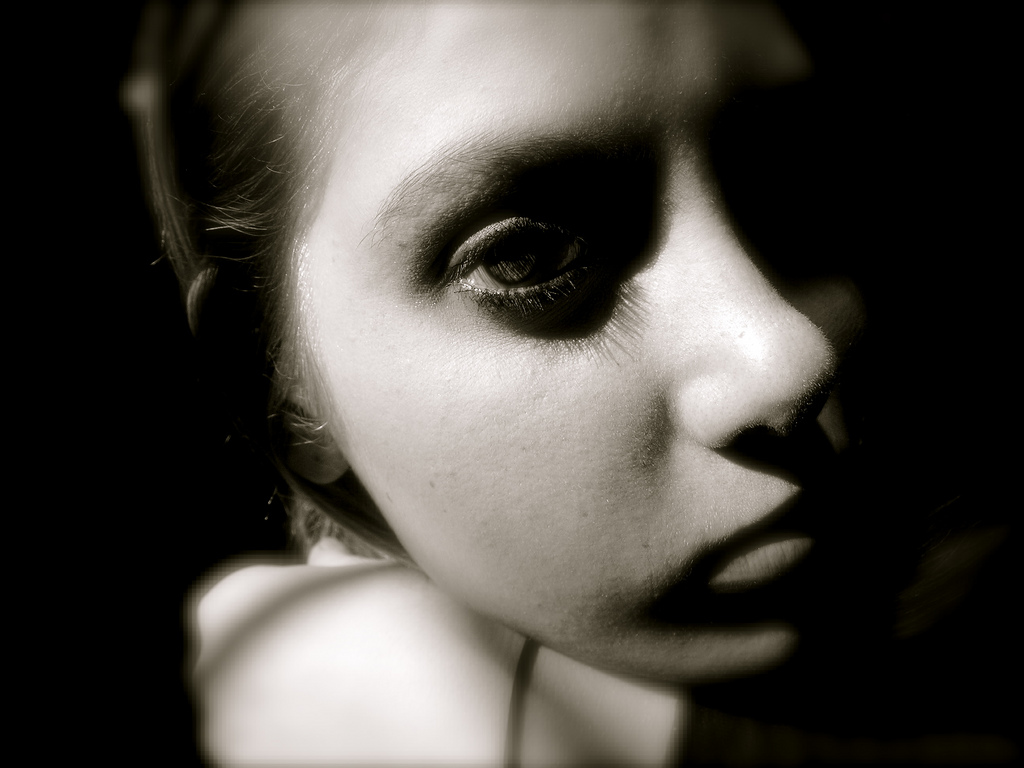 In a previous article, I sought to clarify the terms we use in speaking of Obsessive-Compulsive Disorder (OCD) in order to help identify the disorder. I also attempted to normalize obsessional thoughts and emphasized the importance of accurately judging intrusive thoughts. In this article, I would like to follow up by outlining how avoidance and safety-seeking behaviors contribute to the vicious cycle of OCD. If you are struggling with what you think might be OCD or something similar, getting as much information as you can about some common symptoms and behaviors can help you to clarify your need for help. I will also outline how a Christian counselor can help if you think that you, or a loved one, are experiencing OCD symptoms.
In a previous article, I sought to clarify the terms we use in speaking of Obsessive-Compulsive Disorder (OCD) in order to help identify the disorder. I also attempted to normalize obsessional thoughts and emphasized the importance of accurately judging intrusive thoughts. In this article, I would like to follow up by outlining how avoidance and safety-seeking behaviors contribute to the vicious cycle of OCD. If you are struggling with what you think might be OCD or something similar, getting as much information as you can about some common symptoms and behaviors can help you to clarify your need for help. I will also outline how a Christian counselor can help if you think that you, or a loved one, are experiencing OCD symptoms.
Strategies That Provide Temporary Feelings of Safety
In discussing OCD symptoms and behaviors, it is always important to remember that OCD is a specific type of anxiety disorder. Obsessions are the persistent and repetitive thoughts, images or impulses that are experienced as intrusive and that cause distress or anxiety. Compulsions, on the other hand, are repetitive behaviors or mental acts that individuals engage in in response to their obsessions. So, while obsessions increase anxiety, compulsions are attempts to temporarily decrease anxiety. Aside from compulsive rituals, there are other strategies that I have often seen individuals use in an attempt attain the same effect as compulsive rituals. These strategies include avoidance and escape and can be collectively termed safety-seeking behaviors. They are called safety-seeking behaviors because they lead to temporary feelings of safety, making one feel as if something awful has been avoided.
Avoidance and Escape
Both the compulsive rituals and the safety-seeking behaviors would be adaptive responses if there was real danger present. However, because obsessional fear is based on misinterpretations, the resulting responses such as rituals and safety-seeking behaviors are unnecessary and, in fact, quite counterproductive. Avoidance tricks the individual into thinking that they have averted catastrophe. A simple example of this is when you avoid touching the bathroom door with your hands and you don’t get sick. You then mistakenly believe that you didn’t get sick because you did not touch the bathroom door. Avoidance tricks you, but it also keeps you from learning that the feared situation is not actually dangerous.
Another strategy used when a feared situation cannot be avoided is to escape from the feared situation in order to relieve the anxiety as quickly as possible in any way that seems to work. The problem here is that such behaviors, while relieving distress temporarily, often develop into patterns. It makes sense that these behaviors develop because they come out of our natural response to distress and anxiety. But, while safety-seeking behaviors are responses to obsessions that seem helpful in the moment, they almost always backfire in the long run and perpetuate the vicious cycle of OCD.
Techniques for Confronting OCD
 This is where the help of a Christian counselor can be very beneficial. When confronted with fears and anxiety, it is difficult to be objective. A loved one may be able to provide some perspective, but may not have the tools or knowledge to help you. A Christian counselor can help weaken the patterns by creating opportunities for the individual to learn that safety-seeking behaviors are not necessary to reduce anxiety or prevent negative outcomes. Techniques that I use with OCD symptoms are exposure and response prevention. The idea behind exposure is actually quite simple. Repeatedly confronting thoughts and situations that provoke anxiety helps clients learn that anxiety does not remain at a high level or “spiral out of control.” Instead, distress and anxiety actually subside over time. This is often called habituation. Because individuals with OCD generally escape the feared situation before their anxiety subsides, they never really have the opportunity to see that habituation eventually occurs. It can often be quite liberating for clients to understand that their behaviors are normal responses. But it is even better for them to realize that there are better ways of responding that weaken the power of the OCD symptoms.
This is where the help of a Christian counselor can be very beneficial. When confronted with fears and anxiety, it is difficult to be objective. A loved one may be able to provide some perspective, but may not have the tools or knowledge to help you. A Christian counselor can help weaken the patterns by creating opportunities for the individual to learn that safety-seeking behaviors are not necessary to reduce anxiety or prevent negative outcomes. Techniques that I use with OCD symptoms are exposure and response prevention. The idea behind exposure is actually quite simple. Repeatedly confronting thoughts and situations that provoke anxiety helps clients learn that anxiety does not remain at a high level or “spiral out of control.” Instead, distress and anxiety actually subside over time. This is often called habituation. Because individuals with OCD generally escape the feared situation before their anxiety subsides, they never really have the opportunity to see that habituation eventually occurs. It can often be quite liberating for clients to understand that their behaviors are normal responses. But it is even better for them to realize that there are better ways of responding that weaken the power of the OCD symptoms.
Christian Counseling Can Help You Overcome OCD
If you are experiencing any of the symptoms described above, or have a loved one who is, I would encourage you to seek help from a Christian counselor. In the book of Luke (chapter 12:22-23 and 12:28, ESV), Jesus tells his disciples, “Therefore, I tell you, do not be anxious about your life, what you will eat, nor about your body, what you will put on. For life is more than food and the body more than clothes.” He then goes on to provide examples from nature and says, “But if God so clothes the grass, which is alive in the field today, and tomorrow is thrown into the oven, how much more will he clothe you, O you of little faith!” Jesus knew about anxiety, but he also understood God’s care for us. There is help available and I would be happy to come alongside you.
Photos
Cartoon business man avoid social turmoil by iosphere, freedigitalphotos.net, ID #100260980
Blue sky stock photo by antpkr, freedigitalphotos.net, ID # 10023209





